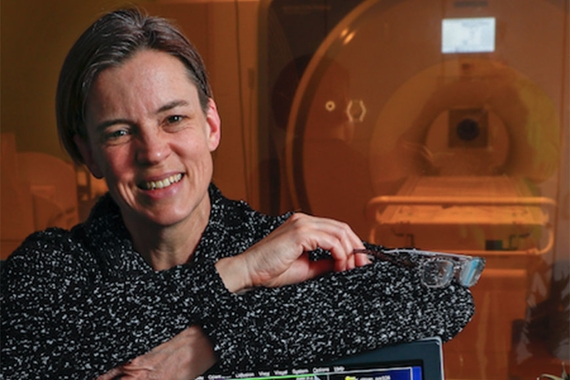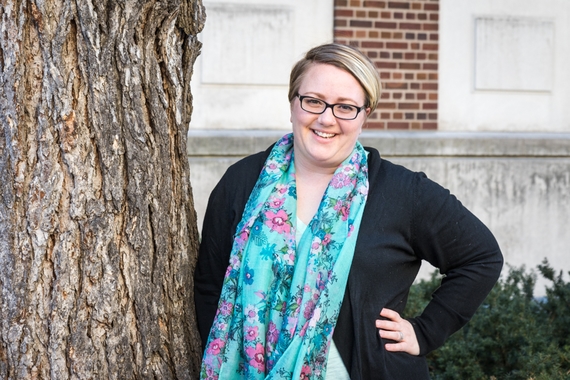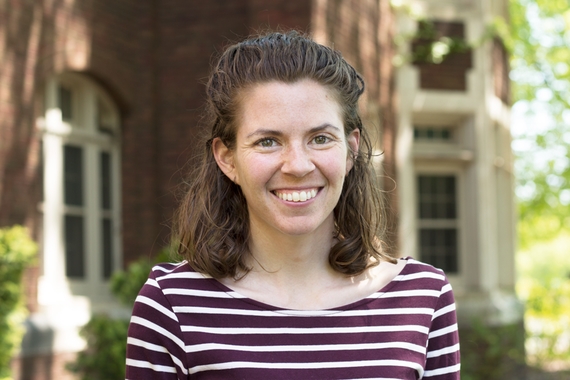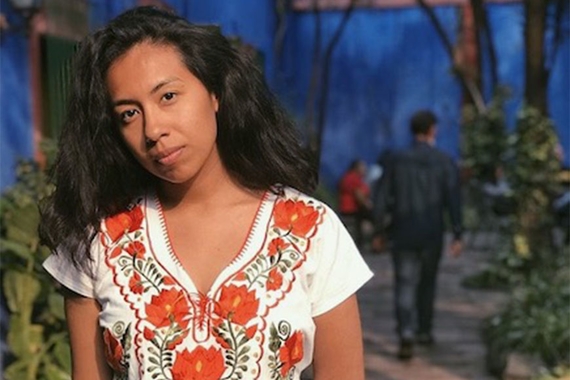Community-Engaged Learning & Volunteering
Service-learning and volunteering are ways for CLA students to build skills, gain experience, meet new people, and make a difference in the local community. Service-learning classes combine volunteer work with classroom studies and allow students to engage in off-campus experiential learning through community work and place-based educational programs. Students volunteer for two or three hours a week at an organization that does work related to the class subject. Every semester CLA offers numerous community-engaged learning courses in a variety of departments.
The University’s Center for Community-Engaged Learning (CCEL) partners with community organizations to create these courses, as well as to share potential volunteer opportunities.
Whether academically based or co-curricular, these experiences complement classroom learning; foster personal, professional, and civic development; and allow students to work with others to enhance the well-being of our communities.

Cheryl Olman, PhD, helps develop a program that matches more than 60 University of Minnesota student volunteers with 11 classrooms at Murray Middle School in St Paul, MN.

Students in COMM 3411: Small Group Communication get the chance to learn beyond the classroom, enabling them to explore challenging issues and generate innovative ideas and solutions outside of the academic setting.
Read "The Importance of Real Stakes: Benefiting the Community Through Service Learning"

“Intercultural communication skills are increasingly important as technical writing becomes more global, and intercultural communication skills are often handled reductively or insufficiently in technical communication textbooks and course design,” says UMN instructor Kari Campeau. That’s why she actively includes diverse communities in her classroom.

Erika Hernandez is the proud daughter of two immigrant parents. A student in the Department of Chicano & Latino Studies, Hernandez is exploring her purpose, values, and gifts through community engagement. “I want more representation in the classrooms and other spaces of influence,” Hernandez says.